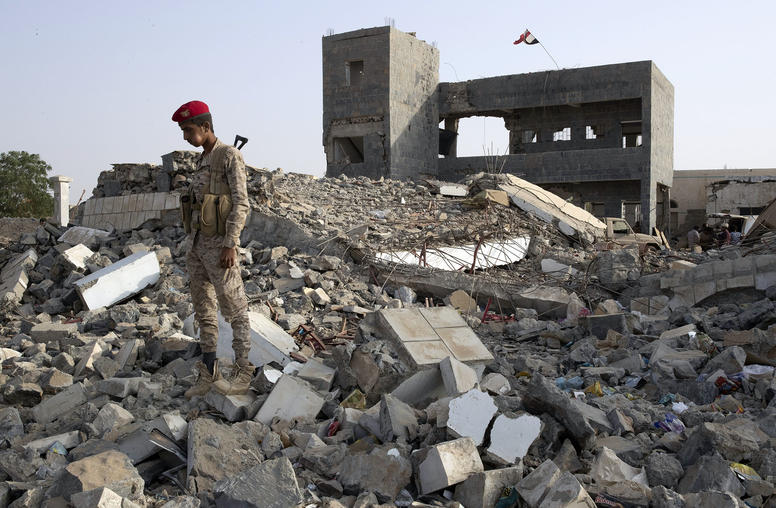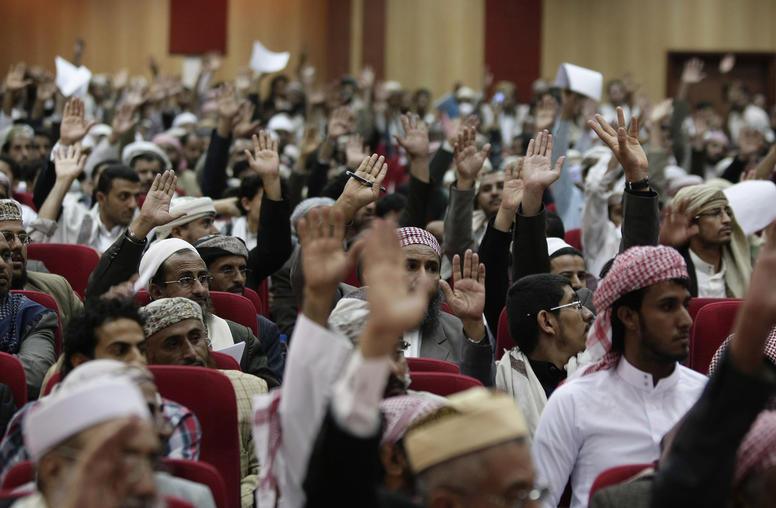Waiting for Change
The Impact of Transition on Local Justice and Security in Yemen
A year after a political compromise ended popular protests in Yemen, the transitional government has met some benchmarks for reform. However, key demands for improved security and government services, for example, remain stalled. This report studies security and justice conditions in four governorates to assess how transition is progressing.
Also available in Arabic (1,076 KB))
Summary
- In November 2011, following nearly a year of mass protests and violent clashes, a political compromise between the two main political parties forced the resignation of former president Ali Abdullah Saleh and instituted a two-year political transition process.
- Since that time, much of the focus has been on the national reform processes, in particular on a National Dialogue, that were mandated by the agreement that removed President Saleh.
- While these national processes are important, given the weakness of central control and the diverse political pressures in Yemen, local justice and security conditions have an equal ability to either derail the transition or to contribute to its success.
- Just over a year into the transition, local conditions have stabilized in some areas, but security, government services, and economic and social functions have not returned to pre-2011 levels.
- Perceptions of the transition depend most on stability or tangible signs of progress at a local level—signs that were lacking in all four governorates.
- Many argued that the steps taken so far by the transitional government have been necessary and often well-intentioned, but insufficient. Any gains or improvements are fragile and easily reversible if not followed by more solid reforms.
- Although strong local leadership was able to drive some local improvements, as in Taiz and Marib, unresolved national political tensions disrupted security and political progress in all four governorates.
- In all four governorates, the prevailing opinion was that it was still too early to see meaningful change. Without some evidence of concrete results soon, however, the current level of buy-in for the transition process will erode.
- Unless national-level reforms begin to trickle down and change basic quality of life conditions in the governorates, the transition will not be perceived as a success.
About the Authors
Erica Gaston is a human rights lawyer at USIP specializing in human rights and justice issues in conflict and postconflict environments. Nadwa al-Dawsari is an expert in Yemeni tribal conflicts and civil society development with Partners for Democratic Change.



